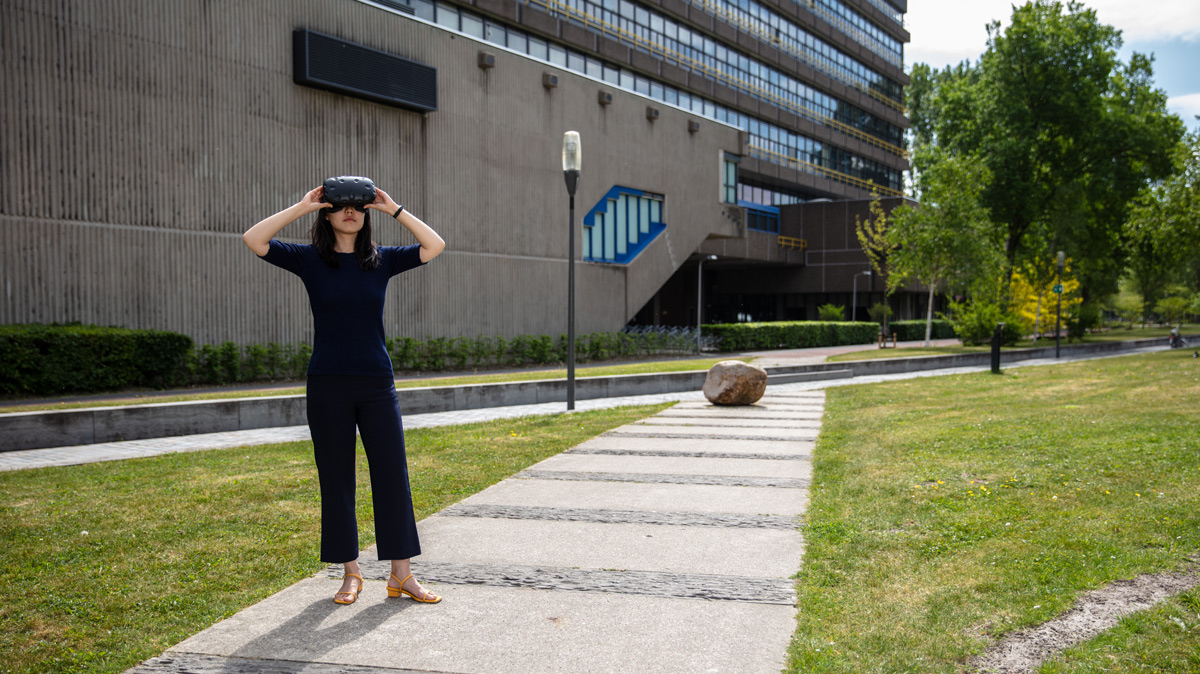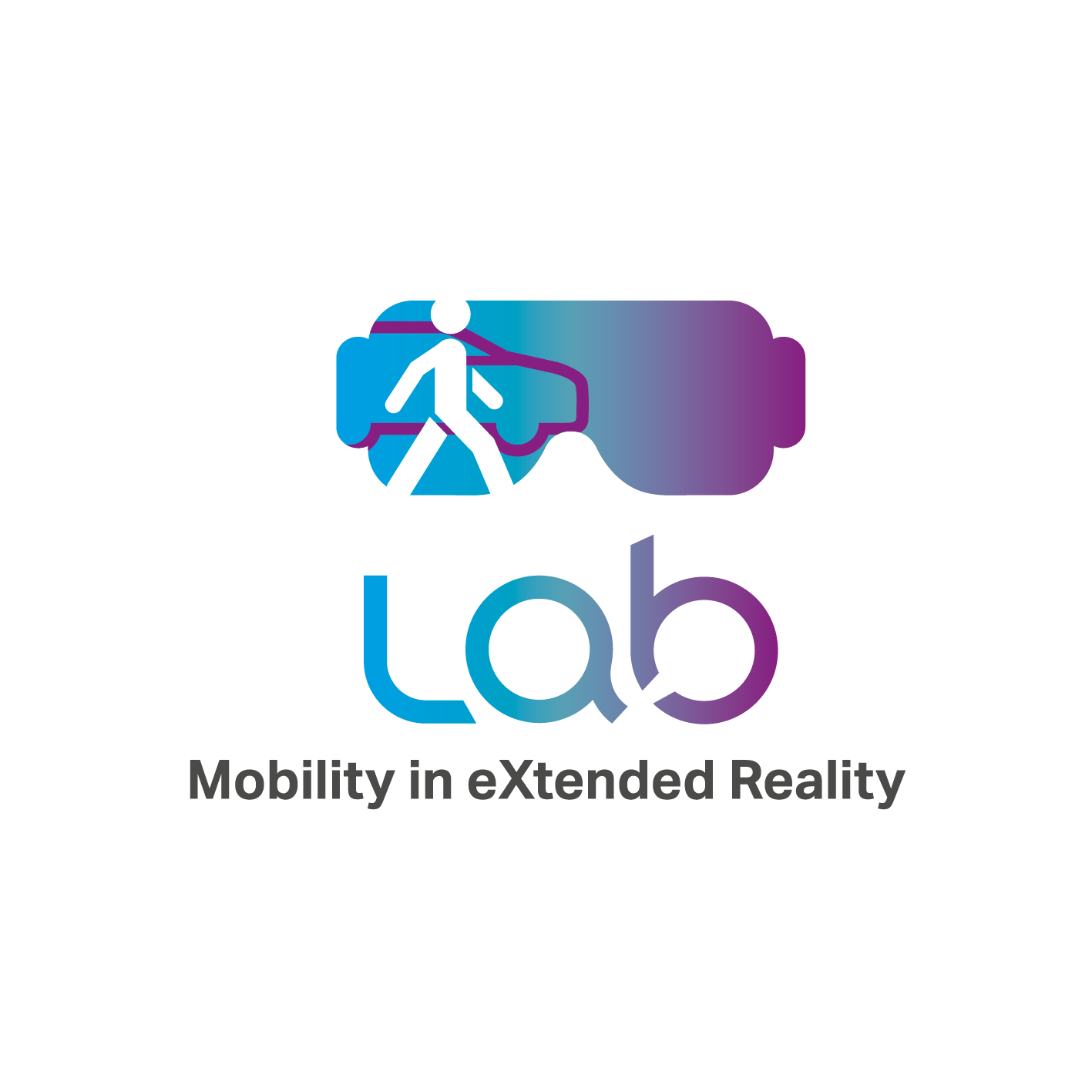eXtended Reality (XR) creates new ways of learning and conducting research. With the ability to simulate a variety of contexts, from dangerous situations to hypothetic scenarios, XR provides new possibilities for collecting, analysing, modelling, and visualizing mobility data, such as pedestrians, cyclists, (automated) vehicles, and mobility services.
Mobility in eXtended Reality (MXR) lab applies the latest Augmented, Mixed and Virtual Reality technologies for Mobility-related research and education. MXR lab aims to conduct cutting-edge interdisciplinary research that studies interactions among mobility, space, and technologies to tackle the complexity of mobility behaviour from the social, temporal, and spatial dynamics.
The research/education topics of the MXR lab range from individual mobility, collective mobility, and urban mobility, amongst others, pedestrian wayfinding, pedestrian evacuation, human-(automated)vehicle interaction, safety training, mobility-related infrastructure design, user experience for mobility service, diversity and inclusion in transportation.
The MXR lab offers a lively and experimental space where researchers and students from multiple disciplines can work together to solve complex, modern mobility issues. The computing architecture and equipped devices of the MXR lab support deployment across the full range of eXtended Reality, ranging from in-situ setups, wearable headsets to mobile devices. The research conducted at the MXR lab employs data collection (field experiment, lab experiment, survey), advanced data analysis (video recording, movement trajectory, gazing data, physiological data, questionnaire data), behavioural modelling, and digital twins.
If you want to know more about the possibilities and collaborations the MXR lab can offer, please contact Dr. Yan Feng (Y.Feng@tudelft.nl).


